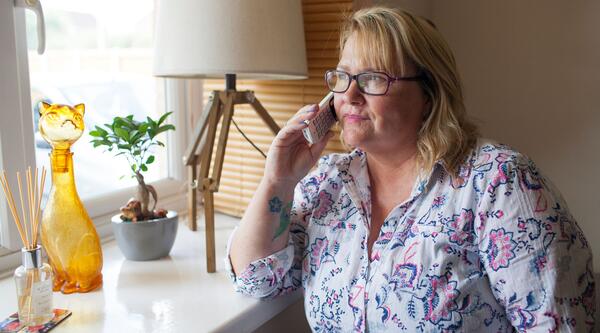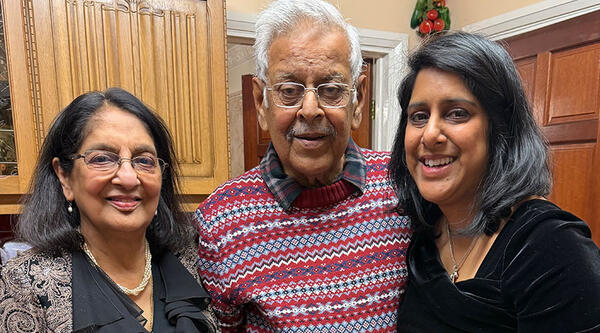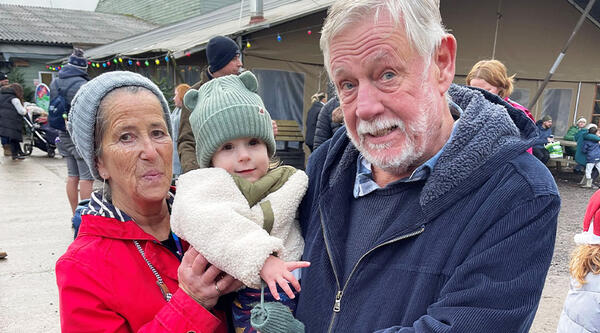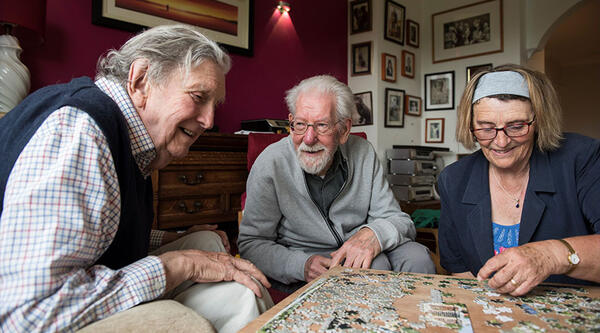Alzheimer’s Society says ‘Living with Covid-19’ plan does not go far enough to protect people with dementia
On Monday 21 February the Government announced its ‘Living with Covid-19’ plan, which details how the UK will remove the remaining legal restrictions put in place for the pandemic while seeking to protect people most vulnerable from Covid-19.
ONS statistics from 2020 and 2021 showed 30,000 people living with dementia died due to Covid-19.
James White, Head of Public Affairs and Campaigns at Alzheimer’s Society said:
“As the Government acknowledged in its Living with Covid-19 plan yesterday, people with dementia have been the worst hit by the pandemic, with more than 30,000 people losing their lives to this virus.
Yesterday’s announcement has raised serious concerns about how people with dementia can safely re-enter society.
The scaling back of free community testing will put family members and carers, desperate to keep their loved ones safe, out of pocket at a time when the cost of living is already rising.
Ending the need for people to self-isolate after a positive test will leave many feeling anxious about catching Covid-19 as they try to get on with their lives.
Social isolation has already wrought untold devastation on people affected by dementia and the Government must now ensure that its Living with Covid-19 plan works for everyone, not just those less vulnerable to coronavirus.
We are calling for care home visiting guidelines to be as clear as possible, along with rules on self-isolation and access to PPE for health and care staff.
We would also like free LFT testing for everyone living with dementia and their carers, and to see the over-75 booster drive prioritise care homes and those receiving care in their own homes.
It is now vital that we learn the lessons of the pandemic and ensure that we protect and support people with dementia who are still suffering from its impact.”
Coronavirus support for people affected by dementia
Read our advice on living with or supporting somebody with dementia during the coronavirus pandemic.








